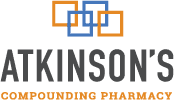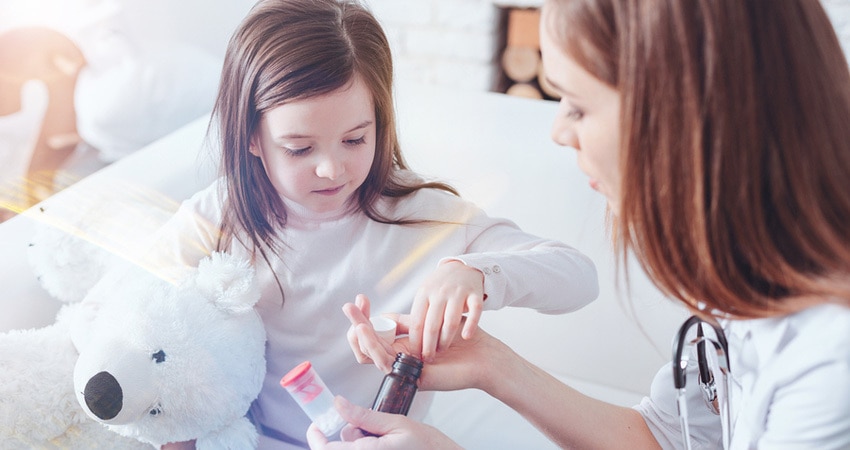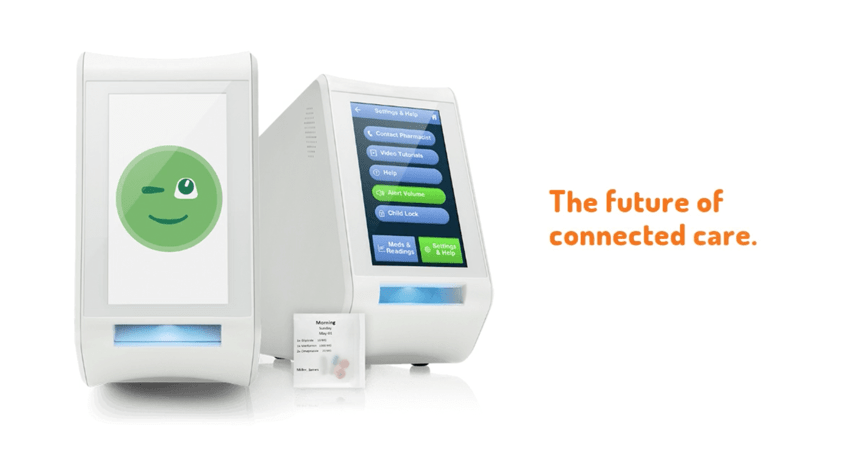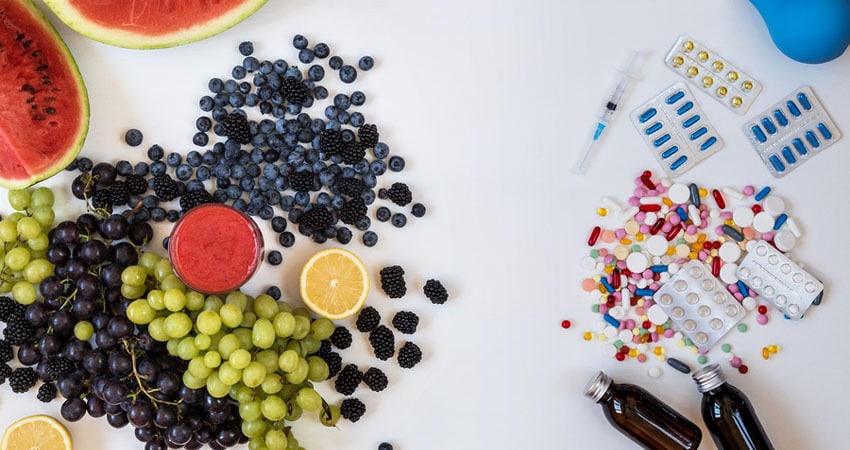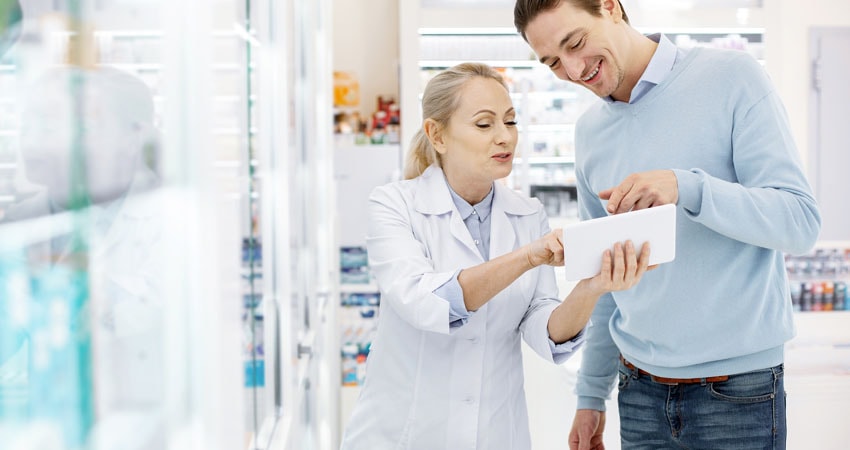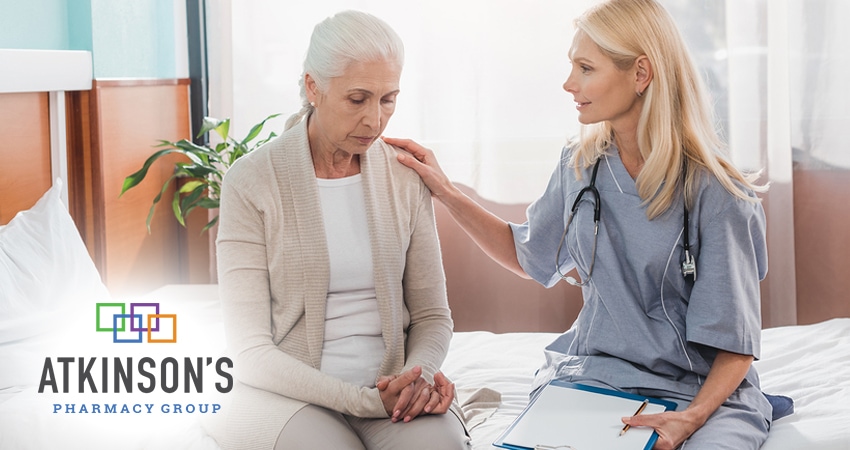Pediatric Compounding: Making Medicine Better for Taste and Tummies
Let’s face it: Medicine often taste vile. It’s hard enough behaving like an adult and taking your own medicine. For children, it’s even worse: Children have greater sensitivity to bitter tastes, and many meds, such as penicillin and antihistamines, are quite bitter.
The most effective medication for your sick 5-year-old is the one he or she will take: It isn’t going to do a bit of good otherwise. It’s impossible to reason with a sick child about why he or she needs to take her medicine. Yes, you probably could force it down, threaten them with a timeout or sneak it into a treat as you would with a pet, but why do that when there’s a better way?
